The 2019 EP Elections across Europe
-
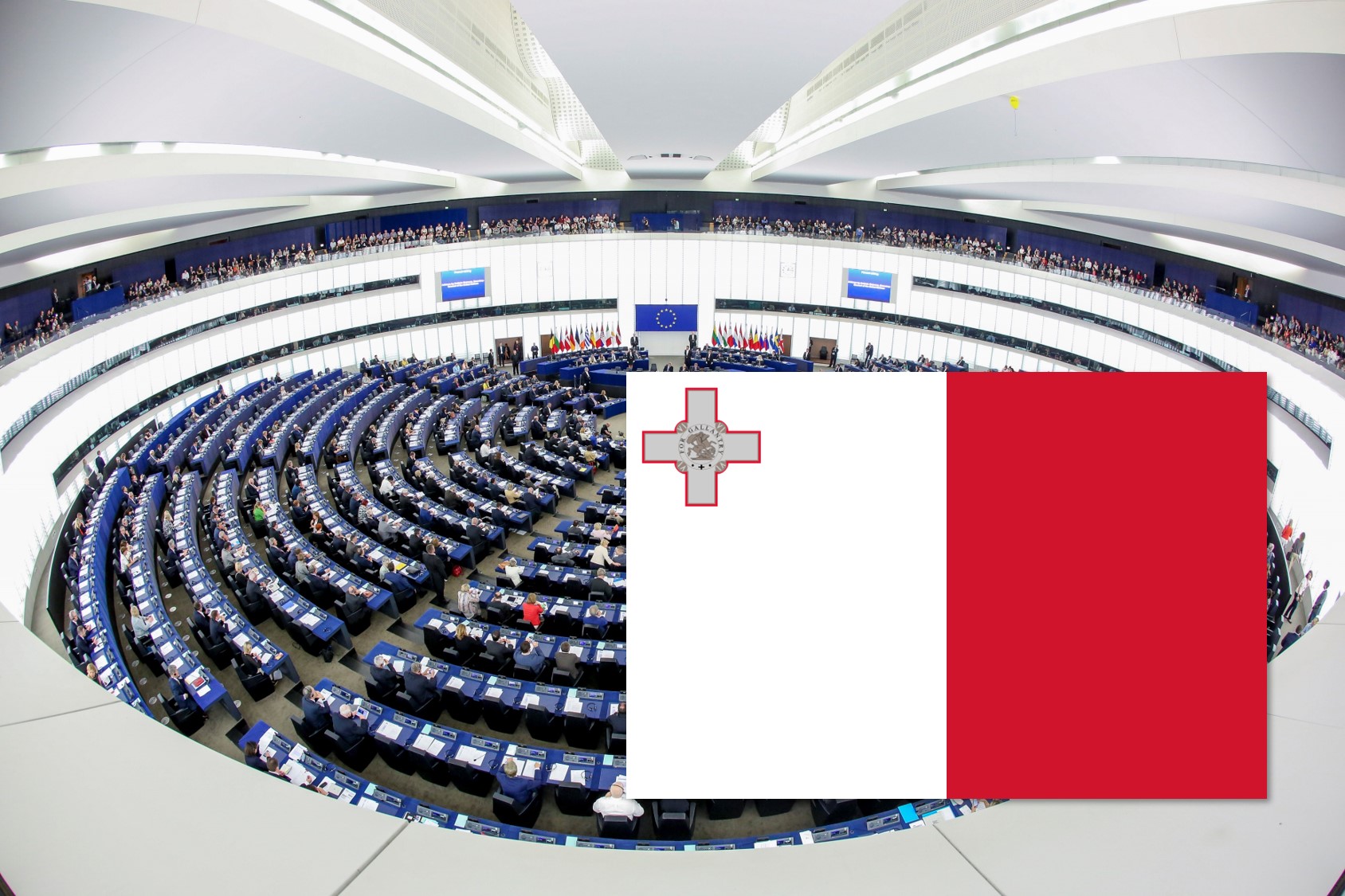
Malta: Unstoppable Labour?
Introduction Contrary to the general European trend, the Maltese Labour…
-
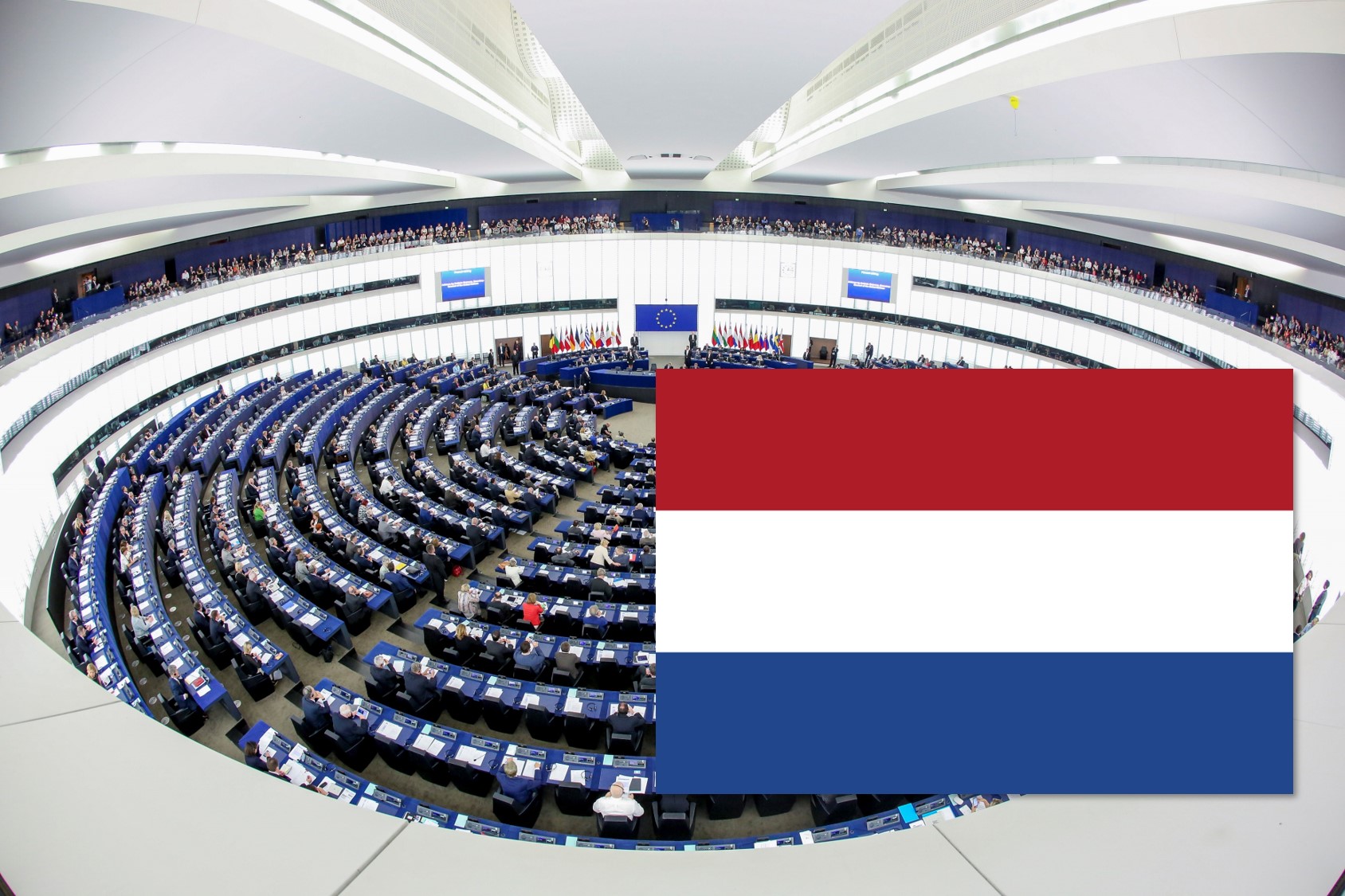
Netherlands: A Timmermans (Spitzenkandidaten) Effect?
Introduction The Netherlands and the United Kingdom were the first…
-
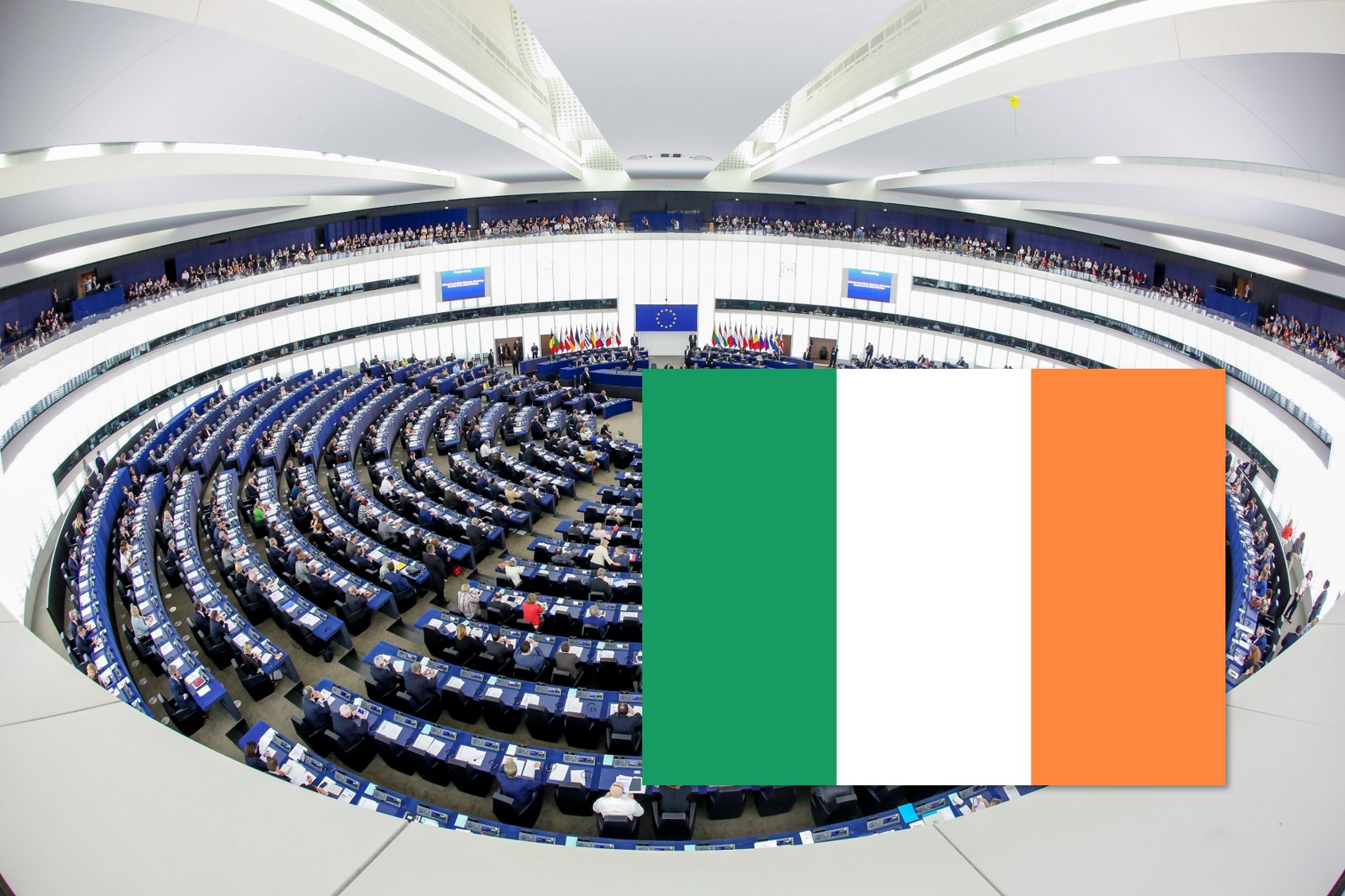
Ireland: Something for Almost Everyone
The 2019 European Parliament election in Ireland was notable in many…
-
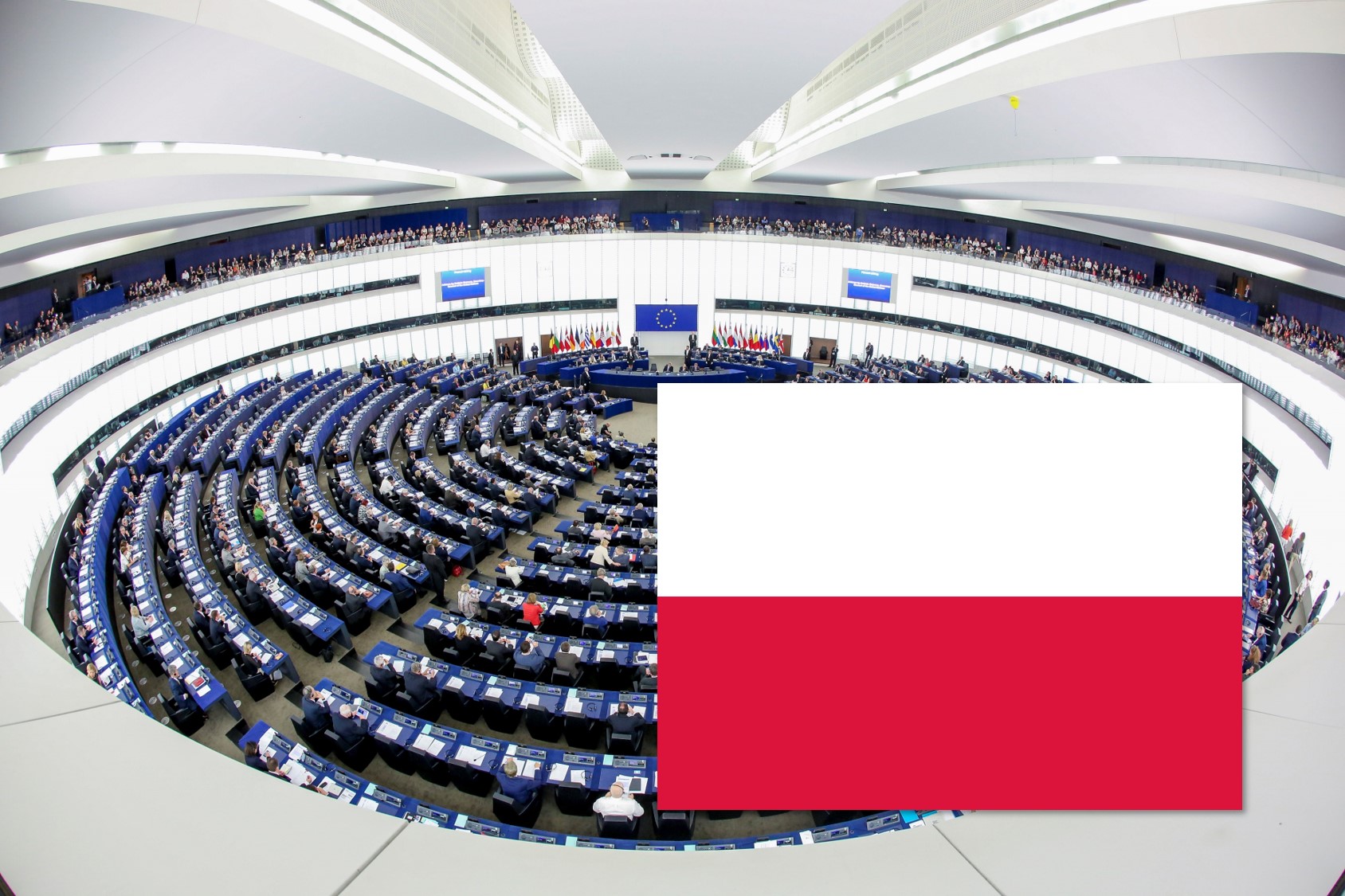
Poland: A Skirmish Before the Decisive Battle
Introduction Elections to the European Parliament (EP) in Poland took…
-
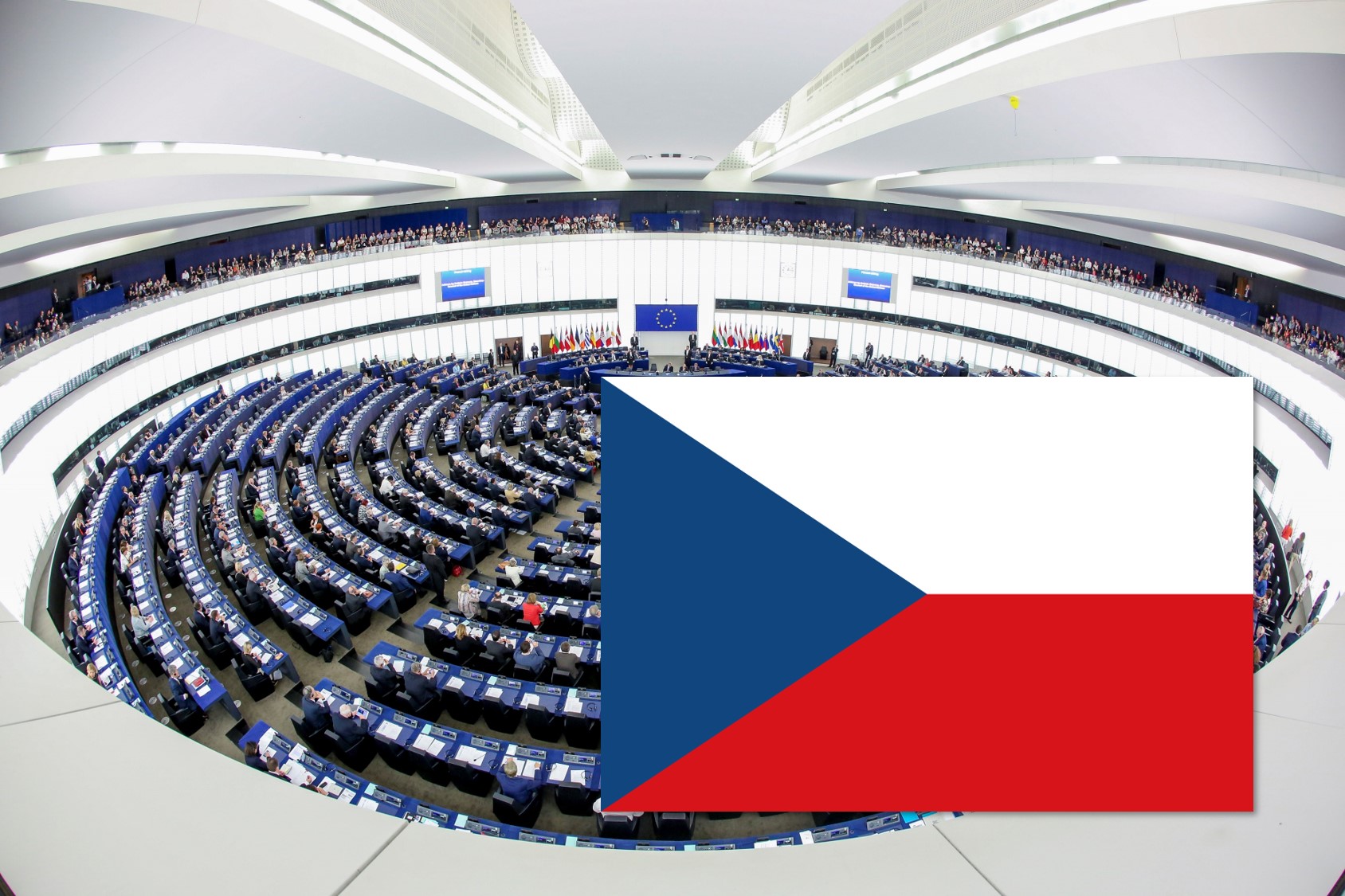
The Czech Republic: No Country for Old Parties
Introduction Three contextual factors are important for understanding the results of…
-
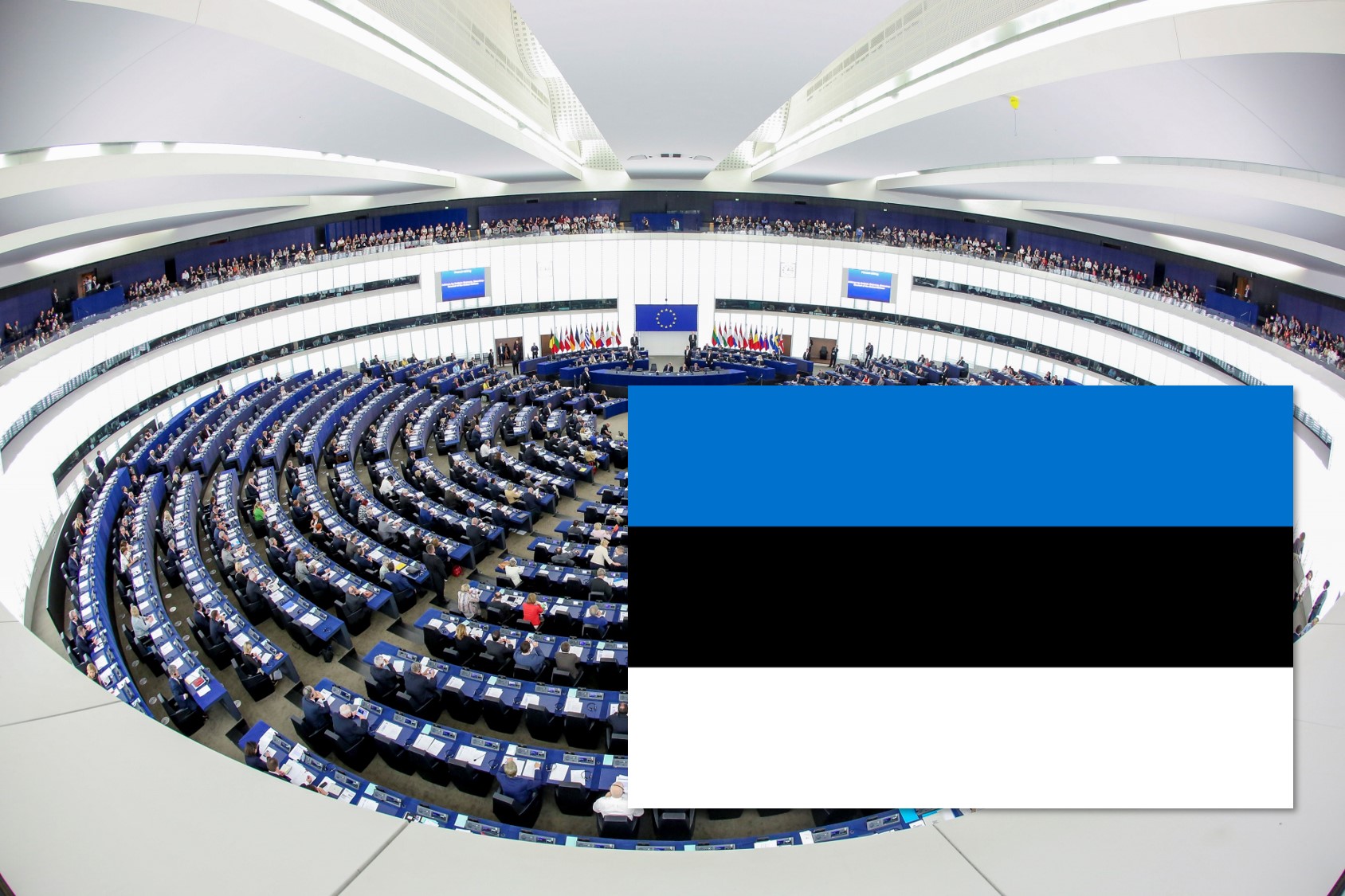
Estonia: A Scene Set by the Preceding National Election
Context 2019 EP elections in Estonia took place amidst a heated…
-
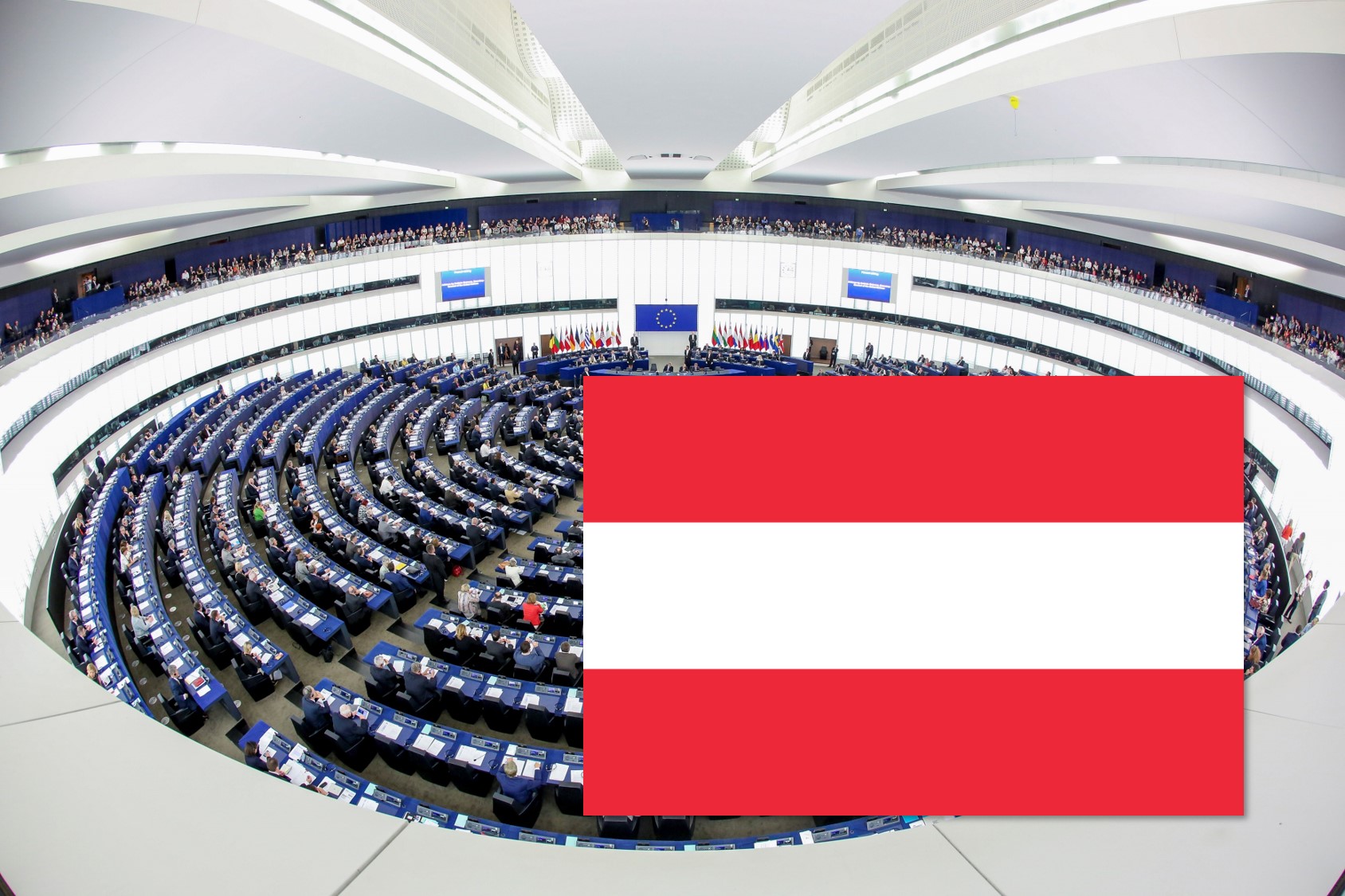
Austria: the 2019 European Parliament election overshadowed by Ibiza-gate
Introduction On May 17, 2019, the campaign for the European…
-
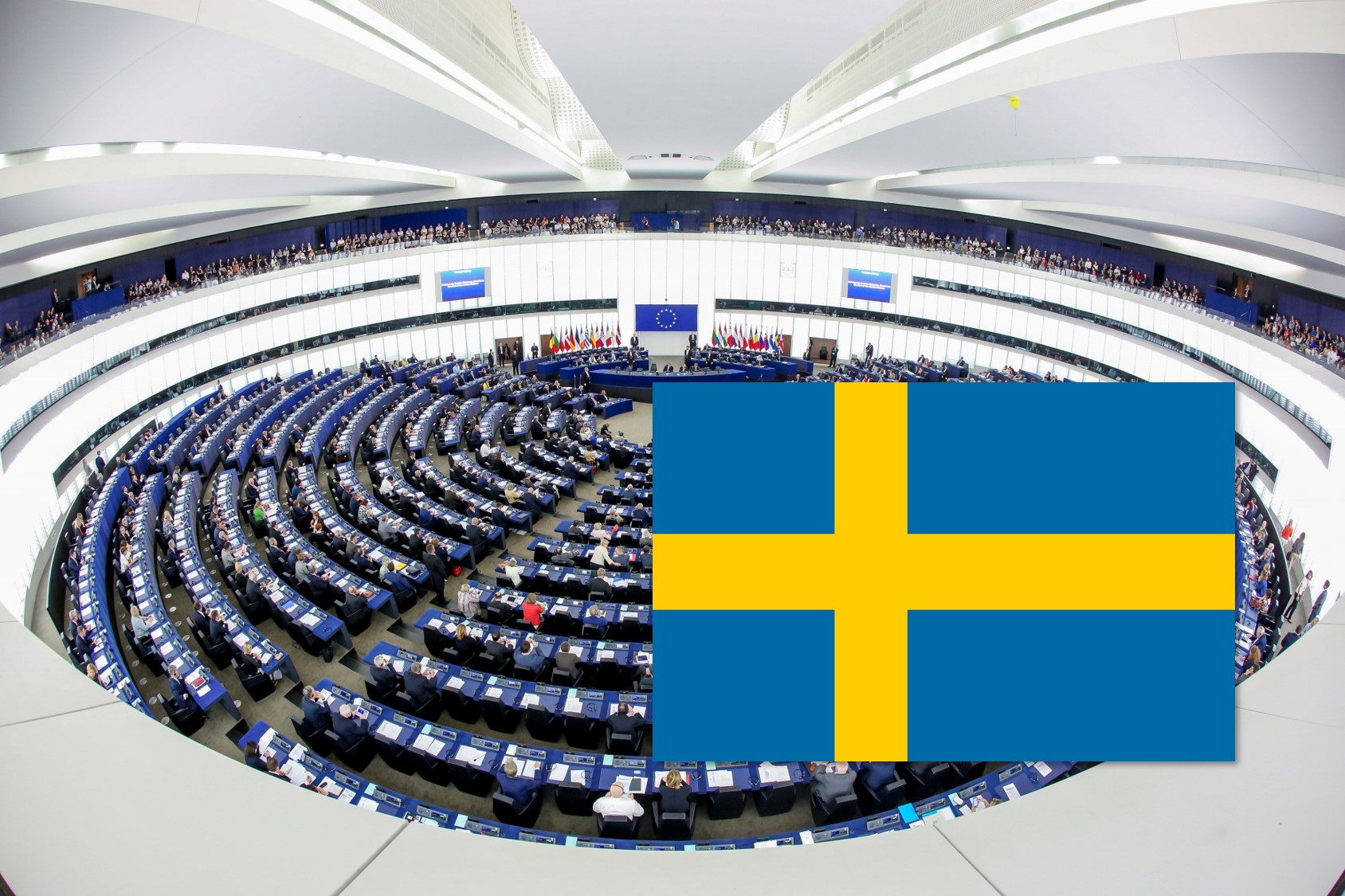
Sweden: We are all Winners
According to the spontaneous reactions from the parties’ wakes during the…
-

Germany: Second Order but still Ground-breaking?
Introduction Concurrent to regional-level elections in the state of Bremen and…
-

Finland: European Elections in the aftermath of national elections
Introduction The elections for the European Parliament in Finland took place…